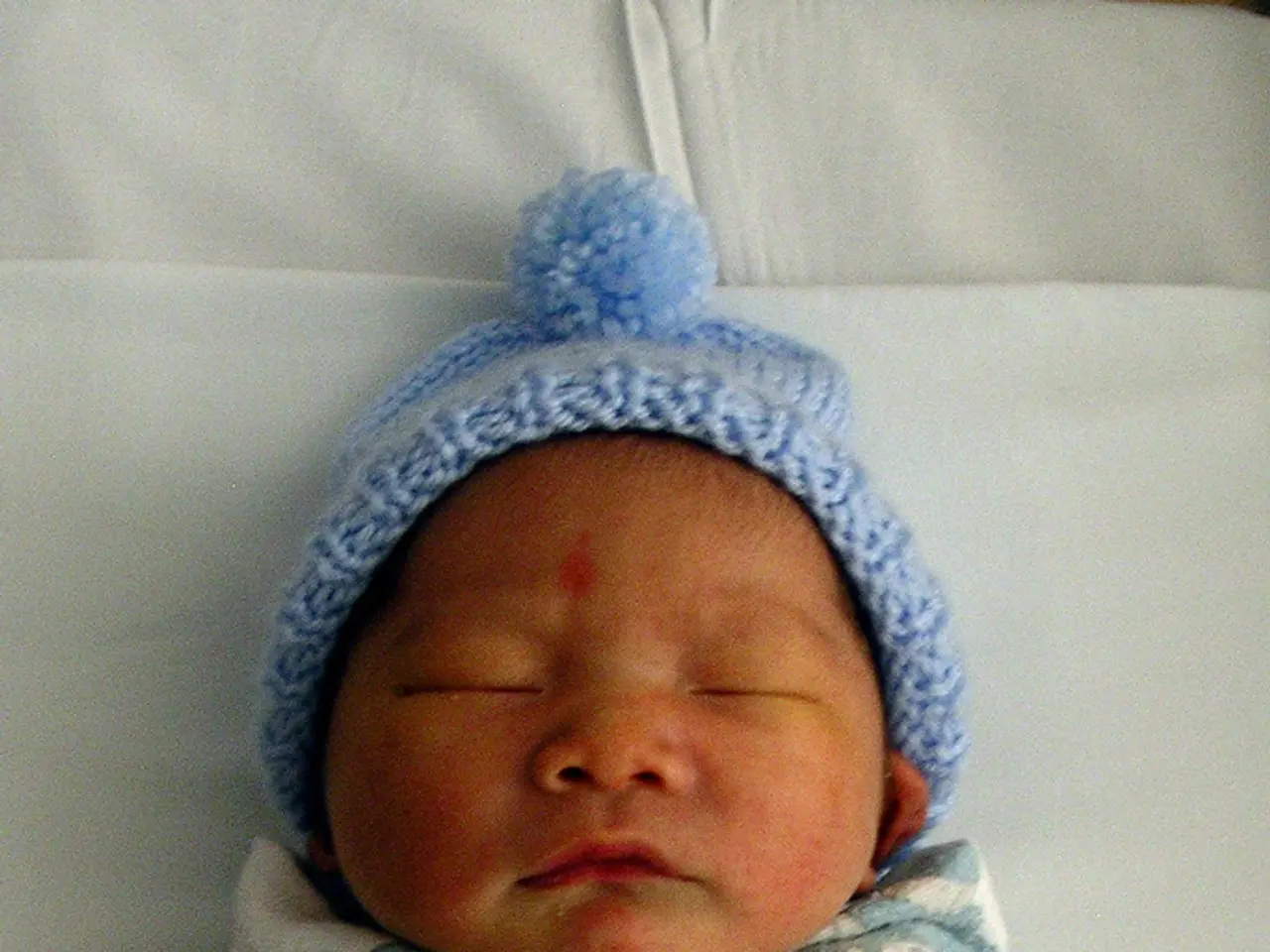Milorad Dodik, the Bosnian Serbian leader, has had his prison sentence upheld by the Higher Regional Court. - Appeals Court Affirms Imprisonment of Bosnian Serb Leader Milorad Dodik
Bosnia's Appeals Court Upholds Milorad Dodik's Prison Sentence
In a significant development for Bosnia-Herzegovina's political landscape, the appeals court has upheld Milorad Dodik's prison sentence as of August 1, 2025. Dodik, the Bosnian Serb leader, was originally sentenced by a Sarajevo court earlier this year.
The Bosnian Serb leader had rejected the trial against him as "politically motivated." However, the appeal confirmed the conviction and sentence. Dodik voluntarily appeared in court in July 2025, which led to the lifting of his arrest warrant, briefly reducing immediate tensions.
However, the upholding of the sentence continues to be a significant event in Bosnia's political landscape, where Dodik is a prominent figure with strong influence in Republika Srpska, one of the country's two entities. His conviction and sentencing have exacerbated already existing ethnic and political divisions in Bosnia, contributing to heightened instability between Bosnian Serbs and other ethnic groups, complicating governance and inter-entity relations post-sentence confirmation.
The European Union's diplomatic service has called upon all parties to recognize and respect the independence and objectivity of the court. Observers believe that Dodik's conviction triggered the largest crisis in the Balkans since the Bosnian War (1992-1995). The verdict in Dodik's trial has caused a significant crisis in the Balkans.
The two semi-autonomous regions of Bosnia-Herzegovina, Republika Srpska and the Croat-Muslim Federation, have their own governments and parliaments and are connected by a weak central government. In response to Dodik's verdict, the parliament in the Republic of Srpska passed a law prohibiting central police and justice authorities from operating in that region. However, Bosnia's Constitutional Court overturned the decision in May.
Thousands of Dodik's supporters demonstrated against the verdict, reflecting the deep-rooted political divisions in the country. The EU is urging all parties to respect the court's independence and objectivity.
| Aspect | Details | |-------------------------|----------------------------------------------| | Appeal Status | Sentence upheld by Bosnia appeals court (August 1, 2025) | | Dodik's Response | Voluntarily appeared in court, arrest warrant lifted (July 2025) | | Political Impact | Heightened ethnic and political tensions, ongoing instability in Bosnia | | Crisis in the Balkans | Largest since the Bosnian War (1992-1995) | | Division in the Country | Deep-rooted political divisions, public demonstrations | | Legal Procedures | Law prohibiting central authorities overturned by Constitutional Court (May 2025) | | EU's Urging | Respect for court's independence and objectivity |
- The upholding of Milorad Dodik's prison sentence by the Bosnian appeals court on August 1, 2025, has triggered a significant crisis in the political landscape of Bosnia-Herzegovina, escalating the longstanding ethnic and political divisions in the country that are a focus of general news, politics, and war-and-conflicts discussions.
- The European Union's diplomatic service has emphasized the importance of all parties acknowledging and respecting the independence and objectivity of the court in light of the crisis that Dodik's conviction has caused in the Balkans, raising concerns in the spheres of crime-and-justice, politics, and general news.







